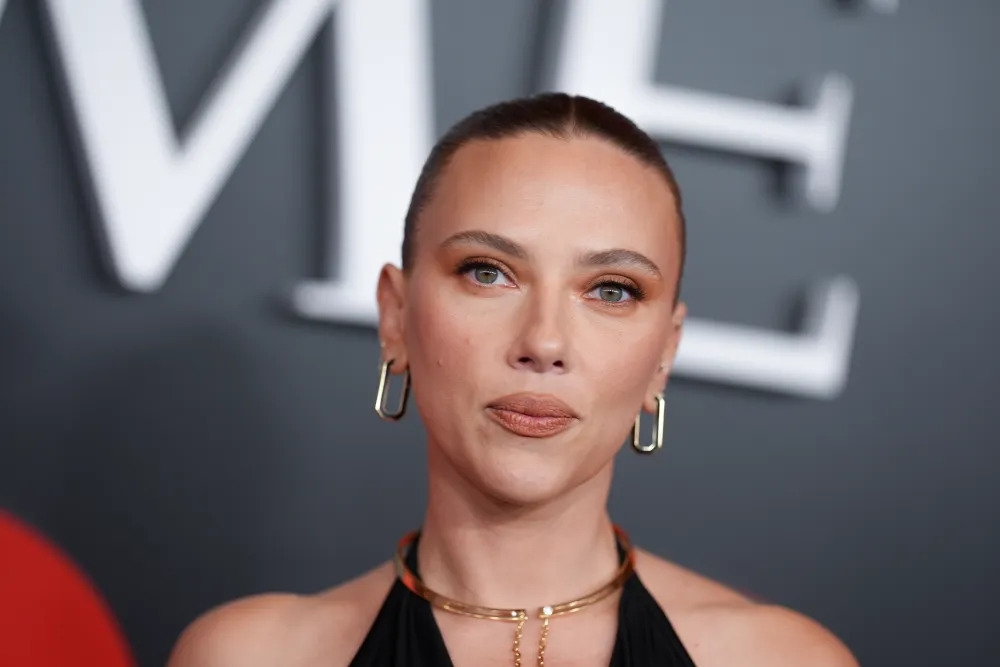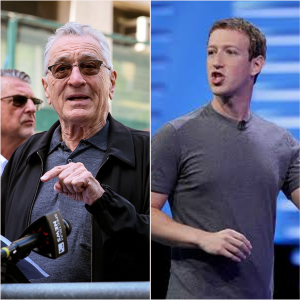Scarlett Johansson’s pointed declaration, “I’m not going to just shut up and take it without a fight,” marks the start of the most explosive legal conflict in modern Hollywood, one that pitted the world’s highest-paid actress against the most powerful studio, Disney . Her lawsuit over the release of the Marvel film “Black Widow” shattered the industry’s old contract model, establishing a new and necessary precedent for talent compensation in the streaming age.

The core of Johansson’s complaint, filed in July 2021 , was a classic breach of contract. Her compensation for portraying the iconic Natasha Romanoff in her first standalone film was structured to be based largely on the movie’s box office performance. The entire financial framework was jeopardized when Disney chose for a simultaneous release in theaters and on its Disney+ Premier Access streaming service—a “day-and-date” strategy that significantly reduced her potential earnings.
The financial data surrounding the breach was immediately contentious. Disney attempted to frame the lawsuit as greedy by publicly stating Johansson received a hefty $20 million upfront salary . However, in a court filing, Disney later revealed that Black Widow had generated a massive $125 million in its first weeks from the Disney+ Premier Access fees alone. This figure demonstrates the enormous new digital revenue stream for which Johansson argued she was not adequately compensated.
The two sides ultimately settled in September 2021 . While the terms were officially undisclosed, widespread reports suggested the agreement was worth approximately $40 million . This figure not only validates the actor’s claim but also restores the integrity of her original contract’s expected value.

Johansson’s legal action was more than a personal payday; it was a watershed moment that forced a dramatic change in Hollywood accounting. As the first major A-list star to challenge a studio over the hybrid release model, she refuses to back down signaled to all talent—from writers and directors to actors—that the traditional profit-sharing formulas were obsolete in a streaming-first world. The victory immediately compelled every major studio to re-examine and proactively renegotiate contracts for upcoming theatrical releases, ensuring artists receive proper compensation tied to the new digital revenue streams, not just ticket sales.
This battle for financial equity perfectly mirrors the spirit of the character that launched the lawsuit. Johansson spent over a decade embodying Natasha Romanoff —a master spy whose strength is defined by fierce independence and an unyielding loyalty to what is right. By utilizing her immense star power and artistic weight, Scarlett Johansson refused to be silent, setting a necessary and expensive precedent that will protect the earnings of every major artist working in the hybrid-release future.





